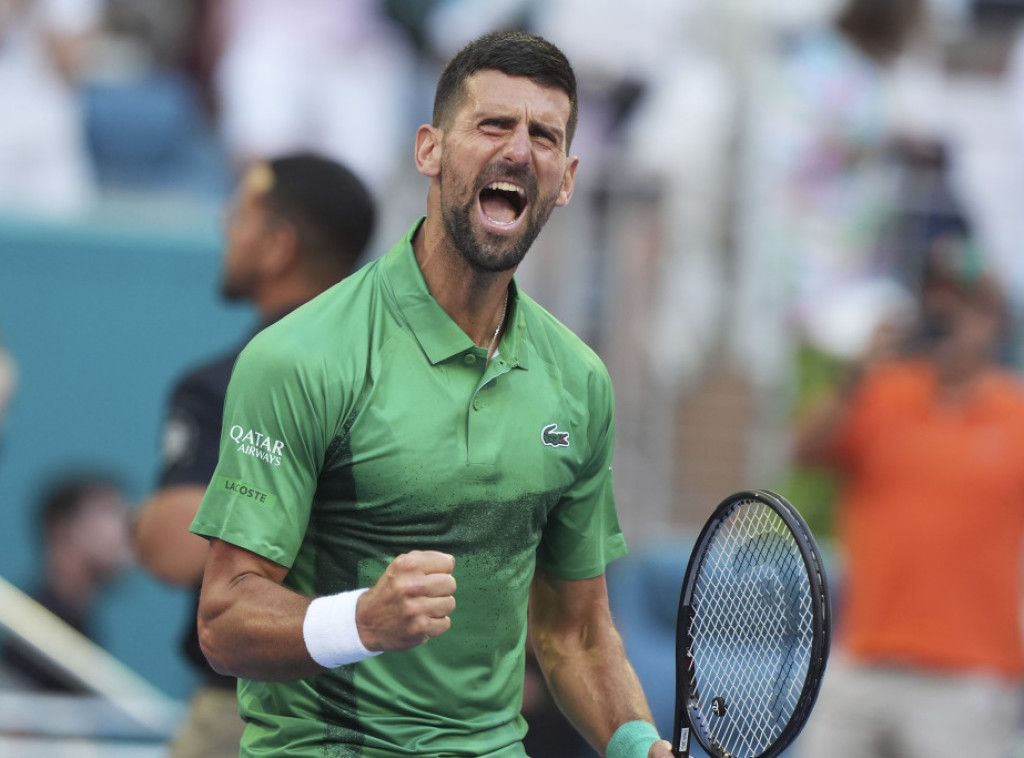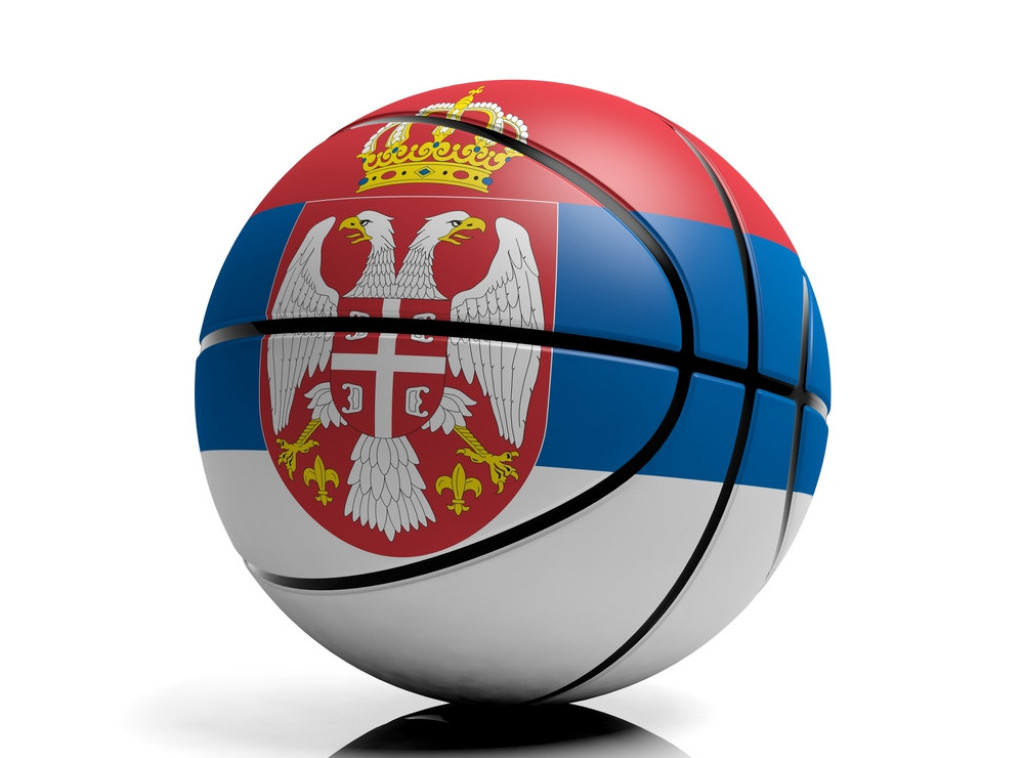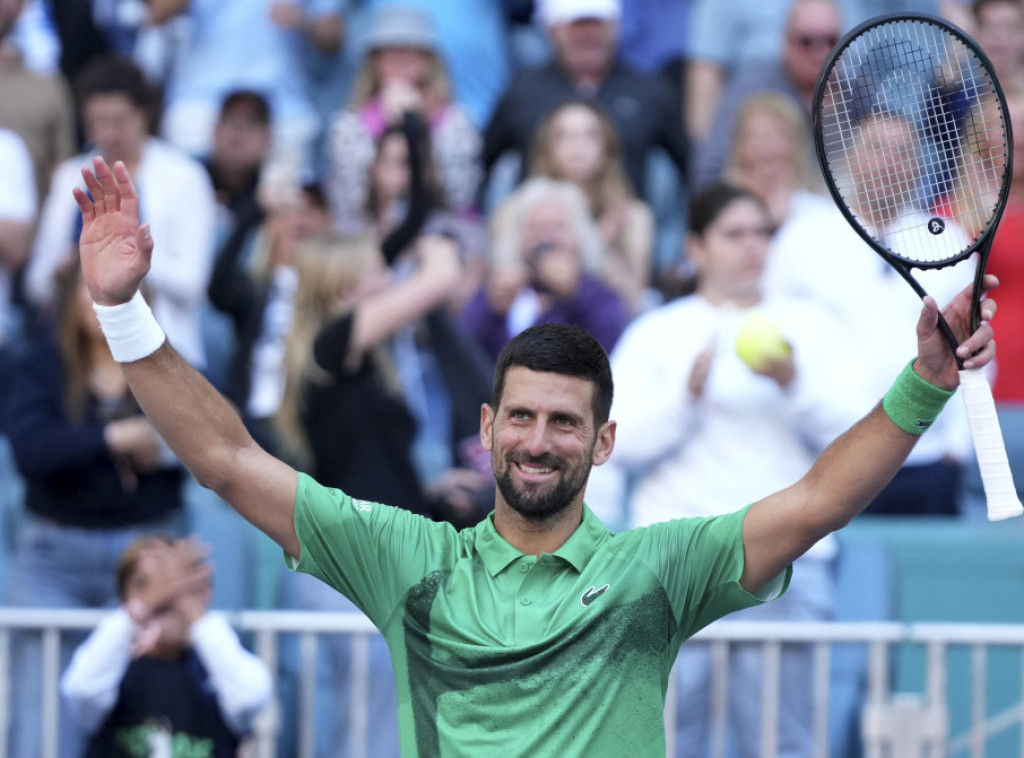State-owned carmaker SAIC Motor said it will take Brussels to the European Court of Justice to "protect its legitimate rights and interests," as the ongoing trade row escalates into products like brandy, dairy products and chemicals.
China's SAIC Motor plans to take the European Commission to the European Court of Justice over 45% tariffs imposed on its electric vehicles, the carmaker said on Wednesday, further escalating global trade tensions.
It comes after the Chinese government said it filed a lawsuit at the World Trade Organisation (WTO) over an EU probe which the Commission says is "fact-based" and "anti-subsidy".
Brussels says Beijing is lavishing its electric car sector with excessive subsidies, enabling it to sell products artificially cheaply on global markets. The EU began applying new tariffs as of Wednesday.
"I'm not aware that there has been any formal request yet to the WTO," a Commission spokesperson told reporters in Brussels on Thursday, adding that "we're very confident of the WTO compatibility of our investigation and of the definitive measures we have imposed".
The EU's duties were designed to offset the alleged Chinese subsidies and ensure fairer competition, varying according to how much each brand benefits from government aid. State-owned SAIC faces the steepest tariff across the board – 35.3% – on top of the existing 10% rate.
The carmaker said in a statement that it "deeply regrets" the European Commission's final decision and intends to take legal action to pursue the case in order to "protect its legitimate rights and interests."
SAIC Motor added that the Commission's probe was "wrong in determining subsidies" and "ignored" key information and arguments submitted by the firm.
The firm argues the measures "will push up the cost of car purchase for European consumers and hinder the adoption of electric vehicles" and says it is already taking steps to adapt to what it calls "European trade barriers," such as designing new models for the European market.
The tariffs will be in place for five years unless EU and Chinese officials strike a deal on minimum prices, a complex option that remains on the table.
In parallel, Beijing has threatened retaliation against the EU's dairy, brandy, and pork industries, which Brussels has said are "unwarranted." The Commission has already taken legal action at the WTO to challenge the dairy and brandy measures.
Also on Thursday, the EU launched a new anti-dumping investigation on Chinese imports of choline chloride, a chemical used in animal feed.
That probe follows a complaint from the EU industry that offers evidence that Chinese producers' unfair trade practices are negatively affecting European companies, a Commission spokesperson told Euronews in an emailed statement.
"The investigation will determine whether measures should be imposed to remedy the effects of the alleged unfair practices, taking into account the interests of all types of EU companies involved (producers, users and importers), which are invited to cooperate," the statement said.
Depending on the outcome of the probe, provisional measures could be imposed within 8 months, and definitive measures within 14 months.
Jorge Liboreiro contributed to this story.

 5 months ago
41
5 months ago
41






 We deliver critical software at unparalleled value and speed to help your business thrive
We deliver critical software at unparalleled value and speed to help your business thrive






 English (US) ·
English (US) ·